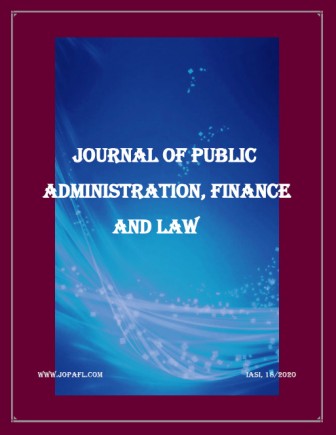THE PENALTY OF TAX AMNESTY IN INDONESIA (FROM THE PERSPECTIVE OF TAX EXPIRY)
THE PENALTY OF TAX AMNESTY IN INDONESIA (FROM THE PERSPECTIVE OF TAX EXPIRY)
Author(s): Arifin Halim, Sudarsono Sudarsono, Tunggul Anshari Setia Negar, Heru R. HadiSubject(s): Criminal Law, International Law, Fiscal Politics / Budgeting, Penal Policy, Sociology of Law
Published by: Editura Tehnopress
Keywords: Retroactive; Tax expiry; Tax amnesty; Tax penalty;
Summary/Abstract: The increase of transparency in global financial sector and automatic exchange of information makes many countries around the world establish tax amnesty program, including United States, Australia, Russia, and Indonesia. On July 1, 2016 the Indonesian government issued Law number 11 of 2016 concerning Tax Amnesty. In the context of tax amnesty, a state discharges its right in collecting liability taxes and discharges the taxpayers from their administration penalty and prosecution. The law also regulates tax penalty on tax-payers joining the tax amnesty program for their unreported incomes. The law regulation also consists of General Provisions and Taxation Procedures Law controlling tax expiry. Issued on January 1, 1985, it still exists when the tax amnesty is issued. In fact, now it still exists. Tax Amnesty law has no regulation on tax expiry and has no explicit details on retroactive tax penalty. Law also maintains the non-retroactive principle, the importance of legal certainty and legal justice. Hence, it is important to analyze further whether the regulation of tax penalty in accordance with Tax Amnesty Law is retroactive and contradictory with tax expiry regulated in General Provisions and Taxation Procedures Law. An analysis was done on the concept of tax expiry, the commonness of tax billing process in tax amnesty program in other countries, retroactive principle, law theories on tax, legal certainty and justice. If an inconsistency occurs, it is important to analyze its implication on tax payers. Eventually, it needs to find a solution which fulfills legal certainty and justice principles.
Journal: Journal of Public Administration, Finance and Law
- Issue Year: 2020
- Issue No: 18
- Page Range: 250-262
- Page Count: 13
- Language: English

